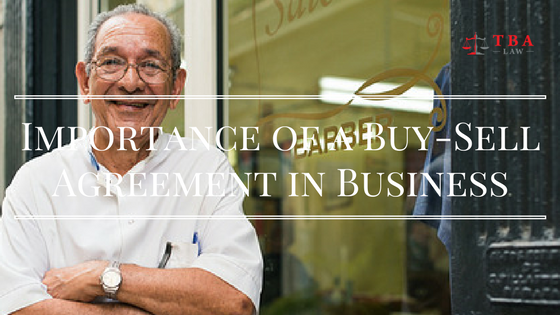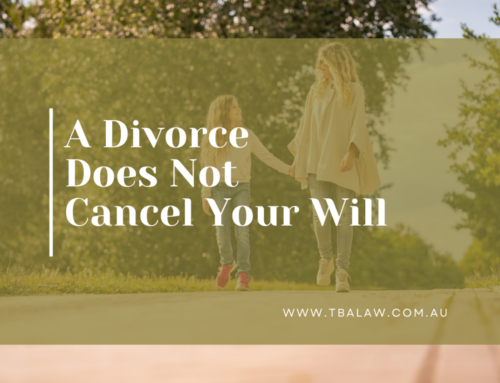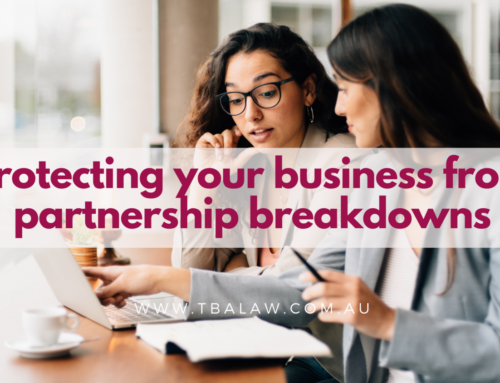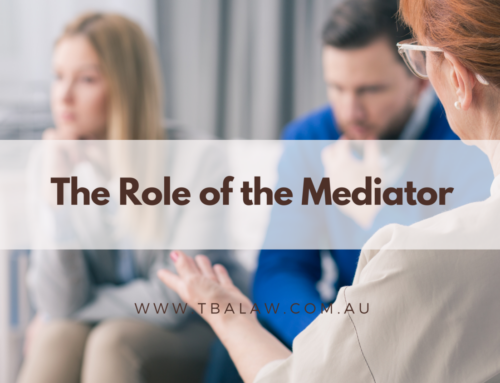Importance of a Buy-Sell Agreement in Business
Having a proper Buy-Sell Agreement, when you are in business with other people, is crucial and an importance step in succession planning for your business.
Step 3 of Jacqui’s Small Business Succession Plan is all about Buy-Sell Agreements. A checklist is available for you to download. This is so you can review your own documentation to make sure its covered everything. Or the checklist can be used to highlight some gaps in your current agreement that need to be addressed. Finally, if you have realised that you don’t have a buy-sell agreement, then the checklist can be used to instruct your solicitor about what needs to be covered.

A buy-sell agreement is sometimes in a shareholder agreement, or a partnership agreement. Or it can be a stand along document.
Basically, it is an agreement that one partners will buy the other business partner out of the business, if a triggering event occurs.
You need a buy-sell agreement if you are in business with another person, whether its a partnership, a company, or a trust.
Those events that trigger the buy-sell agreement are usually death, or total and permanent disability. But other events which are important to consider are bankruptcy, divorce or marriage breakdown, terminal illness, loss of mental capacity, and poor performance.
We need buy-sell agreements for two main reasons:
- Firstly, we usually don’t know when a death or traumatic even will occur, and there is often not enough money for the remaining partner to buy out the exiting partner without a degree of financial pain.
- Second, the remaining partner wants some control over who their partner will be. The original partners are happy to work together, but if one partner dies or exits, you may not want your partners’ wife – who is at all suited to running your business – to be involved in a significant way. You also don’t want the exiting partner to sell their share to someone else that you don’t want to work with.
There are also some other benefits, like dealing with the valuation. If you’ve already agreed on a process of valuation, this can avoid unpleasantness that might come up when buying out the existing partner.
Some things that must be covered, or at least considered in a buy/sell agreement:
- How the business interest will be valued,
- How the business interest will be transferred,
- How the transfer will be funded,
- Entry and exit of business partners for a variety of reasons.
Basically, the remaining partner will usually want first option to buy the other half of the business. There will need to be a way to afford this, and there will need to be a way to work out how much is paid.
If the exiting party wants to sell to someone else, and the remaining partner doesn’t want to work with this new person, there also needs to be what’s called a tag-along clause. This can force a third party to buy all the shares intend of just the shares of the exiting partner.
There are a number of ways that you can value your business. You can have a valuation formula in your agreement. You could include a clause for the appointment of an independent person to undertake a valuation which you will both be bound by. Or you could have a capped price arrangement, whereby you and your business partner must, say, review the business value every year or two. You would agree on a value for the next period and adjust your funding insurance accordingly.
Which brings us to the way you can fund a buy-out.
You could build a vendor terms arrangement into the agreement, which means you would gradually pay off the exiting partner. But this is not going to work in most cases, because if it is death or serious illness, then the exiting partner’s family are going to need the whole amount.
So the other way you can fund a buy-out is by insurance. This will work for death, and total and permeant disability. You will really need to speak to an insurance broker or financial planner about what insurance is available to you, and what will work best for you, and we can help you to find the best person for you to talk to.
Then the questions is; who owns the insurance policy?
When you’re getting your buy-sell agreement drawn up or amended with your solicitor, make sure you get advice about who should own the insurance.
Some tips:
- avoid cross insurance. You don’t want to own insurance policies for each others’ lives, because there are capital gains consequences,
- avoid share buy-backs by the company, because this will effect the cost base for the remaining partner, and
- be very careful of using insurance trusts or having self-managed super funds own the insurance.
Make sure you pick a solicitor who knows about these issues, and ask them about their understanding before you engage them, or you could end up with horrible tax consequences.





Leave A Comment